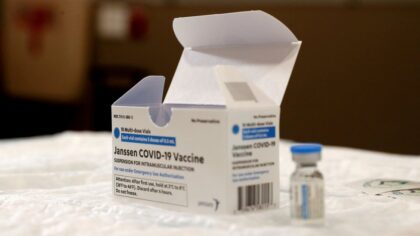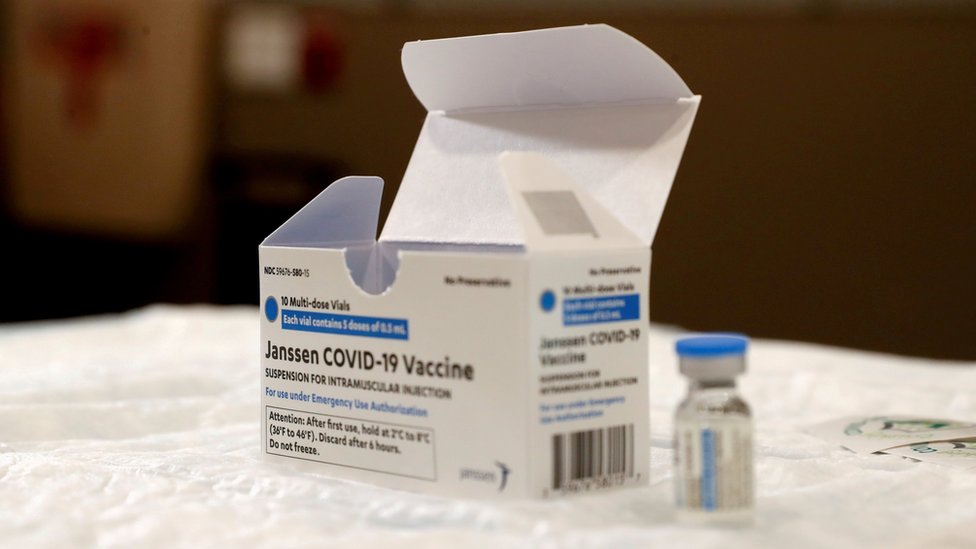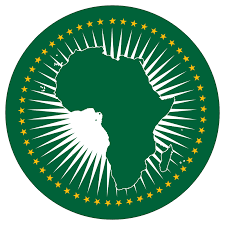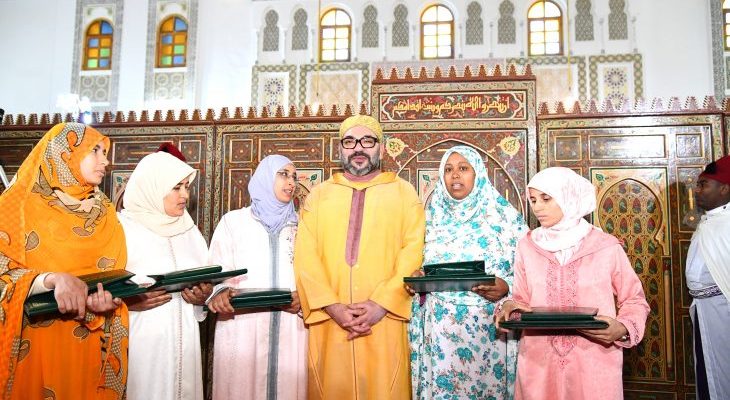 Morocco has received more than 302,000 Johnson & Johnson vaccine doses. These vaccines have been donated by the United States through COVAX initiative. The big advantage of the J&J shot is that only one dose ensures complete inoculation.
Morocco has received more than 302,000 Johnson & Johnson vaccine doses. These vaccines have been donated by the United States through COVAX initiative. The big advantage of the J&J shot is that only one dose ensures complete inoculation.
The US State Department confirmed this Sunday in a tweet the donation of 302,400 Johnson & Johnson COVID-19 vaccine doses to Morocco through #COVAX and the African Union, saying this donation demonstrates the US commitment to helping the global community end the pandemic.
US General Consul in Casablanca Lawrence Randolph said: “Morocco has done an exceptional job managing a hugely successful vaccination campaign, under the leadership of His Majesty King Mohammed VI, and we are eager to support that campaign with this delivery of J&J vaccines.”
Morocco is already using AstraZeneca and Sinopharm shots in its ongoing national vaccination campaign launched Jan.28 by the Moroccan Sovereign.
Under the WHO Covax program, Morocco is also expected to receive shortly 650,000 new doses of AstraZeneca vaccine.
So far, over 9.7 million people have been fully vaccinated against Covid-19 in the North African Kingdom, while more than 11.7 others have received a first dose of a coronavirus vaccine, making of Moroccans by far Africa’s largest vaccinated population.
The arrival of this batch comes as Morocco has opened the vaccination to people aged 25 to 29 years.
According to latest data released by the Health Ministry, Morocco has recorded in total 579, 272 covid-19 cases, including 5,494 new cases Saturday and 4110 Sunday, with respectively 23 and 30 additional fatalities. The mortality rate is set at 1.7%.
In view of the increasing number of daily new cases recorded lately, Moroccan authorities have tightened, starting 23 July, covid restrictions to counter the spread of the virus. They banned night travel throughout the Kingdom from 11 p.m. to 4:30 a.m., with the exception of people working in vital and essential sectors and activities.
Cafes, restaurants and public transport means are required not to exceed 50% of their capacity. Weddings and other celebrations were banned.



